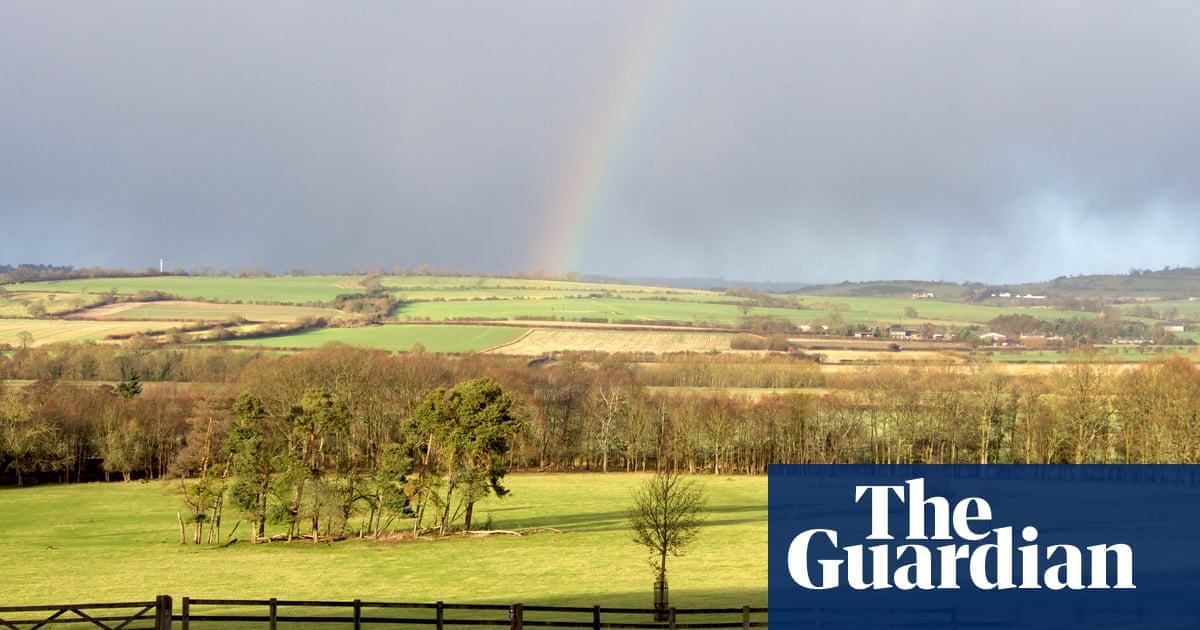
Acentury and more ago, many overfilled country churchyards had invisible “No vacancies” signs, diverting the dead from the expanding villages and nascent towns to the outlying fields, which then grew coffins instead of potatoes. Even so, exceptions were made for a privileged few, so that their remains could lie in the church graveyard itself.
A local Tory grandee had four stakes in his future in St Swithin’s churchyard. When I visited the plot during his later years, I sometimes wondered if the old man ever came to see the rectangle of wooden nubs that marked out where he would spend his death. Now, 13 years after I heard the bells toll, it gives me a start to see how quickly the once off-white gravestone of a reputedly courteous and principled politician has weathered into grey and green.
A little further along the fence is the aptly named Graves family, residents of the mansion house next door. They found a place in heaven by moving the earth: after Walter Graves died in 1907, the family gave a sliver of their adjoining grounds to the church, and so the boundary shifted to “en-hallow” the Graves’ grave within consecrated ground. A salmon-coloured marble tomb of two facing scrolls occupies the donated land, where his wife, Fanny, and second son would join him. The engraver also chiselled out an inscription of personal tragedy in the absence of their firstborn, killed at Ypres.
The epitaphs of some of the last burials of the Victorian period face the high street like advertising hoardings and, until recently, I would often nod a cheery greeting to the largest and most prominent stone, put up “In affectionate remembrance of Charles Carter who died December 31st 1863, aged 68”. A few weeks ago, I discovered that Carter – a market gardener and beer seller on the Great North Road – had hanged himself while in a state of what a jury called “temporary insanity”. A gravestone cannot describe the cruelty of laws that decreed there must be a night burial without a church service for this tortured soul.












